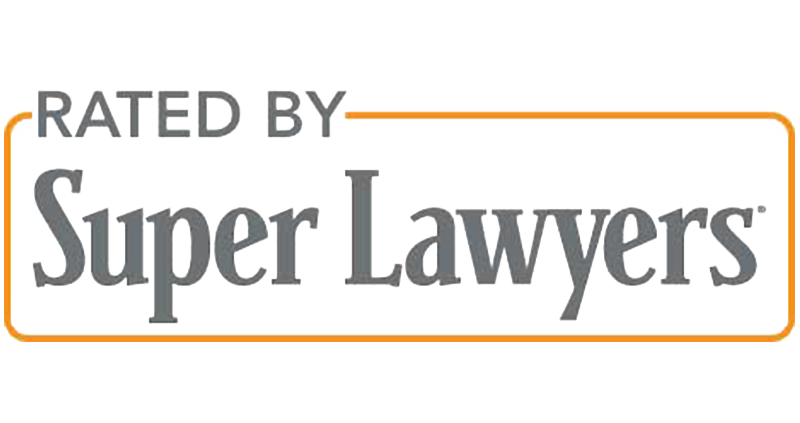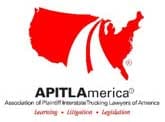Business Formation: Incorporating Your Business
“Do I really need to incorporate?” you may have recently asked yourself. If you are operating your business without the protection of a corporate shell, you may be putting your personal assets within the reach of the creditors of your business. Someone who operates their business in his or her name without legally forming an entity through which to operate the business is defined as a sole proprietorship and is typically responsible for the debts of the business. If you have not incorporated or organized your business by filing articles, your personal assets, including your home, could be used to satisfy any judgment against your business. However, filing articles and following the legal formalities of properly operating your business is the best insurance to protect your personal assets from the claims of business creditors.
The first steps you take as a business owner are among the most important that you will make. Most successful business owners have the foresight to get professional assistance related to the formation and operation of their business. Once you have decided to incorporate, one of the first discussions you will have with your professional adviser relates to the type of entity best suited for your business. The two most common types of entities are the limited liability company (LLC) and the subchapter S-corporation. Each has different advantages and disadvantages. Choosing the appropriate business entity could allow you to receive more favorable tax treatment than you currently receive.
If you are considering incorporating your business without the assistance of an attorney, you should know that a qualified attorney does much more than just file the paperwork necessary to form a company. Perhaps the most important task in the process of incorporation is not the creation of the entity, but rather providing the client with carefully drafted documents defining the rights and obligations of the owners of the company to one another in the event of the death of an owner or a dispute among the owners. Detailed, clearly defined provisions in operating agreements and shareholders’ agreements related to these matters can sometimes avoid future disputes among business partners. Get the assistance of someone with experience in the corporate arena who can assist you today in Gainesville. Contact Coleman, Chambers & Rogers, LLP, by calling 678-601-2495 or email us today.
















